Global Cities Free of Slavery and Human Trafficking: the case of Nan Province, Thailand

For the Asian Research Center for Migration at the Institute of Asian Studies, Chulalongkorn University, community participation is relevant for the prevention and surveillance of modern slavery and human trafficking as well as safe repatriation and reintegration for the survivors. Nan province is selected as a site of the study because Nan is a border […]
Report of study “the domestic work in Maputo City: a type of modern slavery”
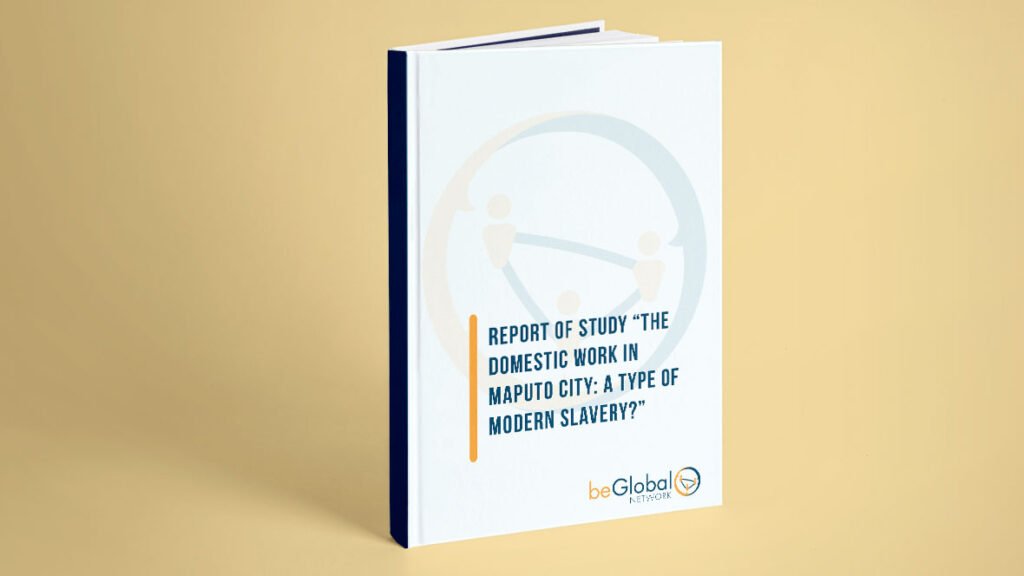
Domestic work represents one of the main sources of paid work in Mozambique (INE, 2019). Half a million Mozambicans are domestic workers (INE, 2019; Castel-Branco, 2019; Castel-Branco, 2017). One-third of them are in the urban areas while two-thirds are in rural areas (INE, 2019). Despite being regulated and creating the Workers Association in the country, […]
Intersections between exploitation and cognitive impairment: an exploratory study in Nottingham, UK

This report aims to explore the intersection between exploitation and mental health problems, learning disabilities, and other forms of cognitive impairment in Nottingham, adopting the wider definitions of exploitation used by Nottingham’s multi-agency Slavery and Exploitation Risk Assessment Conference (SERAC). The SERAC process was established by Nottingham City Council and partners in 2019 to recognise […]
I Webinar Global Cities Free of Slavery Partners Forum: A COVID-19 impact analysis
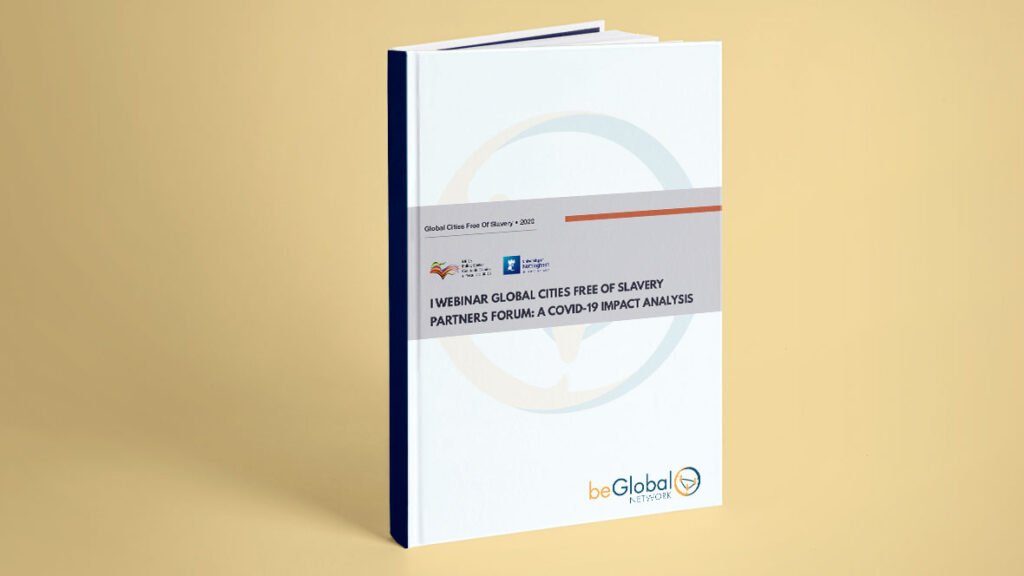
With the spread of the Covid-19 virus worldwide, the BeGlobal oriented its debates to the effects of the pandemic on patterns of modern slavery, considering the impact of emergency state policies on the labour market. Emerging official and civil society evidence (IBGE,2020, Walk Free 2020 and ILO 2020) has shown that the pandemic has exacerbated […]
Global Cities Free of Slavery I Workshop in Rio de Janeiro
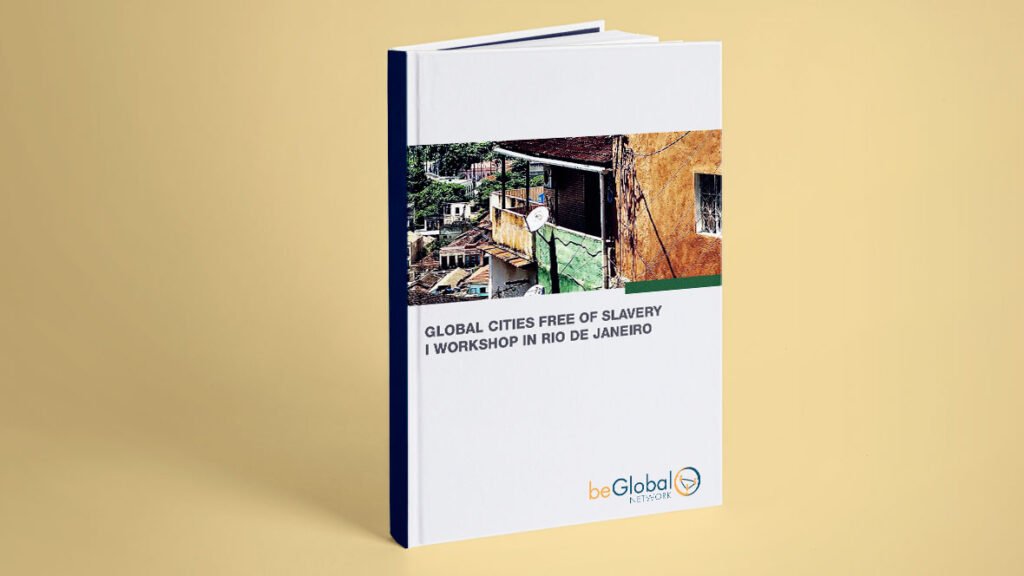
Aware of the relevance of approaches that engage with both global policy networks and specific locations to tackle human rights violations globally, the BeGlobal network launched its first workshop in Rio de Janeiro in the BRICS Policy Centre, in January 2020. The workshop in Rio was the first step to the construction of an anti-slavery […]
Tackling slavery in supply chains: lessons from Brazilian-UK beef and timber
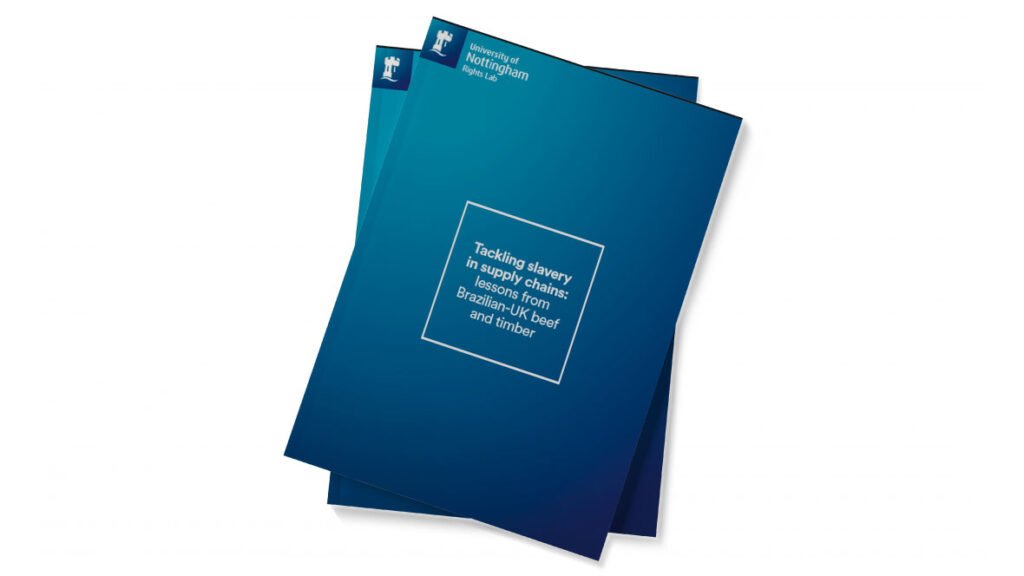
The report contextualizes the reality of modern slavery in Brazil, mostly focused on Brazilian-UK beef and timber supply chains, aiming to demonstrate capacity development within upstream supply chain operations.
Social Determinants of Vulnerability to Labour Exploitation and Modern Slavery in Rio de Janeiro: The case of Morro da Providencia
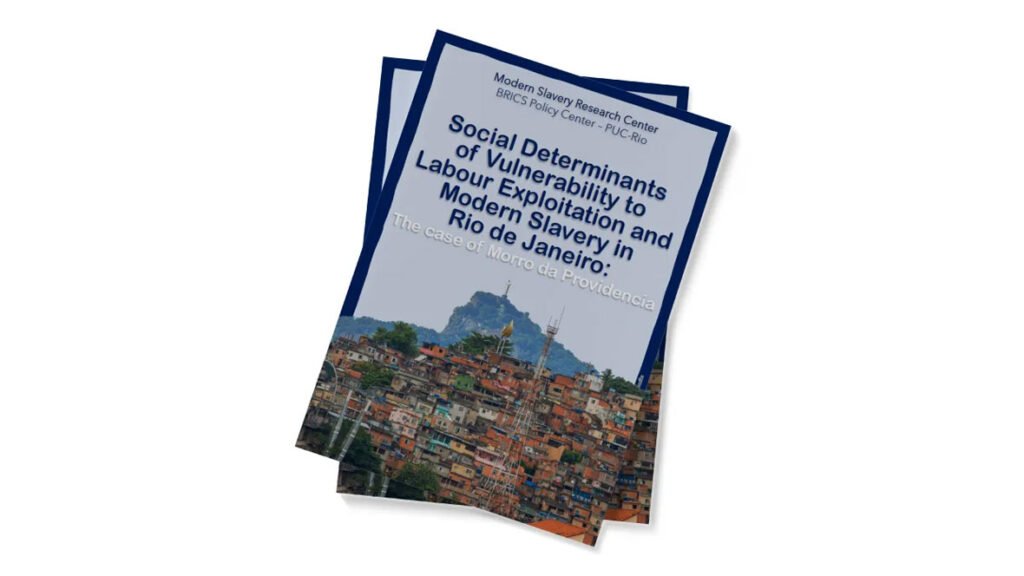
This report stresses an intersectional analysis to explore the social determinants of vulnerability to labour exploitation and modern slavery in the city and urban sites. Gender, race, state, migration, stigma, work, poverty and COVID 19 alone may not say much but combined with the voice of all stakeholders, including the favelados, open venues to urgent […]